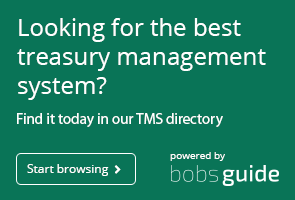Fear of failure or becoming overly attached to stock can interfere with rational decision-making and lead to harmful financial choices. So how do you prevent your emotions from taking over when managing an investment portfolio?
“One of the absolute keys is, you have to have a process. Because one of the beauties of a process is that it allows you to take a step back from the emotion,” says JP Morgan’s Thomas Luddy. Getting to a point where you can really trust your instincts takes time and experience. “When the stress comes, it can’t be because somebody told you what the answer is. It has to be something you feel in your gut, because if you do, you have the chance of being methodical and less emotional, but it doesn’t happen overnight.”
His portfolio management partner, Susan Bao, agrees. “I think it’s very important to have consistent process, and that that process, because it has been working, has proven to deliver consistently over time. That creates a comfort zone for us,” she says.
For Bao, a comfort zone based on a history of positive outcomes is essential for making shrewd investment decisions. “We always say that one good decision leads to another good decision and one bad one leads to another one in finance. Tom and I have a rule of thumb that says, if there’s a stock, that keeps us up at night, or there’s a stock that immediately when you walk into the office your eyes go to on the screen, and your mind is completely preoccupied by that stock, it means that position’s probably too big for you. And that’s part of managing your risk.”
One of the big problems, says Bao, is becoming so fixated one part of your portfolio that it takes up all your focus and attention at the expense of your other investments. When this happens, she warns, the stock becomes a risk whatever its financial potential. “As a portfolio manager, if you spend most of your time focussing on one particular stock, or one particular risk, you’re sub-optimising the rest of your portfolio. So in that scenario, in that example, we think you’re better off – even if you like that stock, you’re attached to that stock – you’re better off if you cut the position,” she says.
Only by eliminating stock to which you have an emotional attachment, says Bao, can you “focus on really rational decision-making process… and true portfolio management function on a daily basis.”










